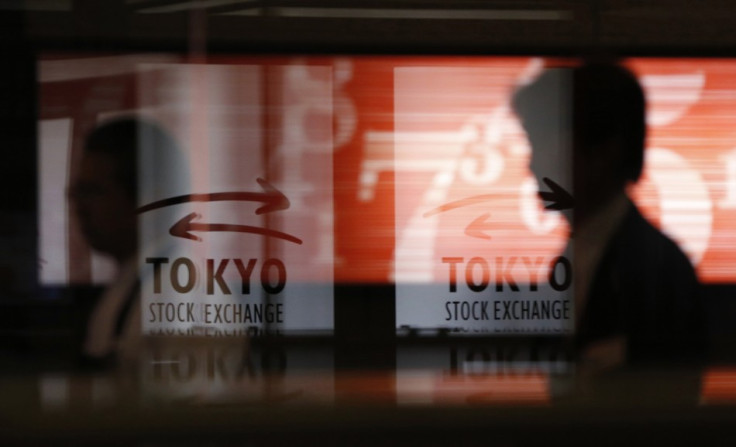Asian Markets Gain as Yen Weakens After G20

Most Asian markets gained in the morning trade, led by Japanese stocks as the yen depreciated further after the G20 nations refrained from direct criticism on Tokyo's monetary policies.
The Nikkei average index traded 2.30 percent or 257.22 points up to 11431.05 while Australia's S&P/ASX 200 added 0.57 percent or 28.60 points to 5062.50. China's Shanghai Composite Index gained 0.18 percent or 4.33 points to 2436.73.
South Korea's benchmark KOSPI index slipped 0.19 percent or 3.67 points to 1977.51. Hong Kong's Hang Seng was down 0.33 percent or 77.68 points to 23366.88.
The G20 summit in Moscow with 'currency wars' as a main discussion agenda dominated the market sentiments across the region over the weekend. Although the conditions that led to the controversial exchange rate debates persist, the group agreed not to resort to currency devaluations for a competitive edge.
But analysts point out that while the group came to a mutual consensus to target currency rates on price steadiness and economic expansion, Japan's recent yen-weakening efforts appeared to receive a silent approval. The Japanese currency has weakened about 15 percent against the dollar in the last three months, mainly on stimulus optimism from the country's newly elected government.
"While G20 members promised not to devalue their currencies, the fact that Japan can continue to do so, which makes its exports even cheaper, undermines these pledges," said Jason Hughes, head of premium client management at IG Markets in Singapore.
"This lack of conviction and clarity has the potential to distract traders from the optimism generated from global economic data, which continues to show the world's biggest economies are on the road to recovery".
The G20's stand pushed the yen further down against the dollar. The greenback traded at about ¥94.09 early in the day, firming from ¥93.52 in late North American trading towards the close of last week's trading.
South Korean stocks edged lower after official data showed that the country's producer prices dropped the most in about three years in January as the won remained firm against the dollar and commodity prices weakened. The index slipped 1.6 percent year-on- year, after a 1.2 percent on-year decline in the previous month, said Bank of Korea (BOK).
Major Movers
Financial stocks gained in Tokyo as the 'currency wars' debate looked set to go in Japan's favour. Shinsei Bank was up 7.98 percent while Mitsubishi UFJ Financial Group added 4.92 percent. Exporters climbed on the yen's weakness. Yamaha Corp was up 4.03 percent while Citizen Holdings added 3.93 percent.
Resource stocks traded lower in Hong Kong. China Shenhua Energy Company slipped 2.60 percent while China Coal Energy Company fell 2.21 percent.
Exporters dropped in Seoul. Hyundai Motor fell 2.34 percent while rival Kia Motors was down 2.04 percent.
© Copyright IBTimes 2025. All rights reserved.

















